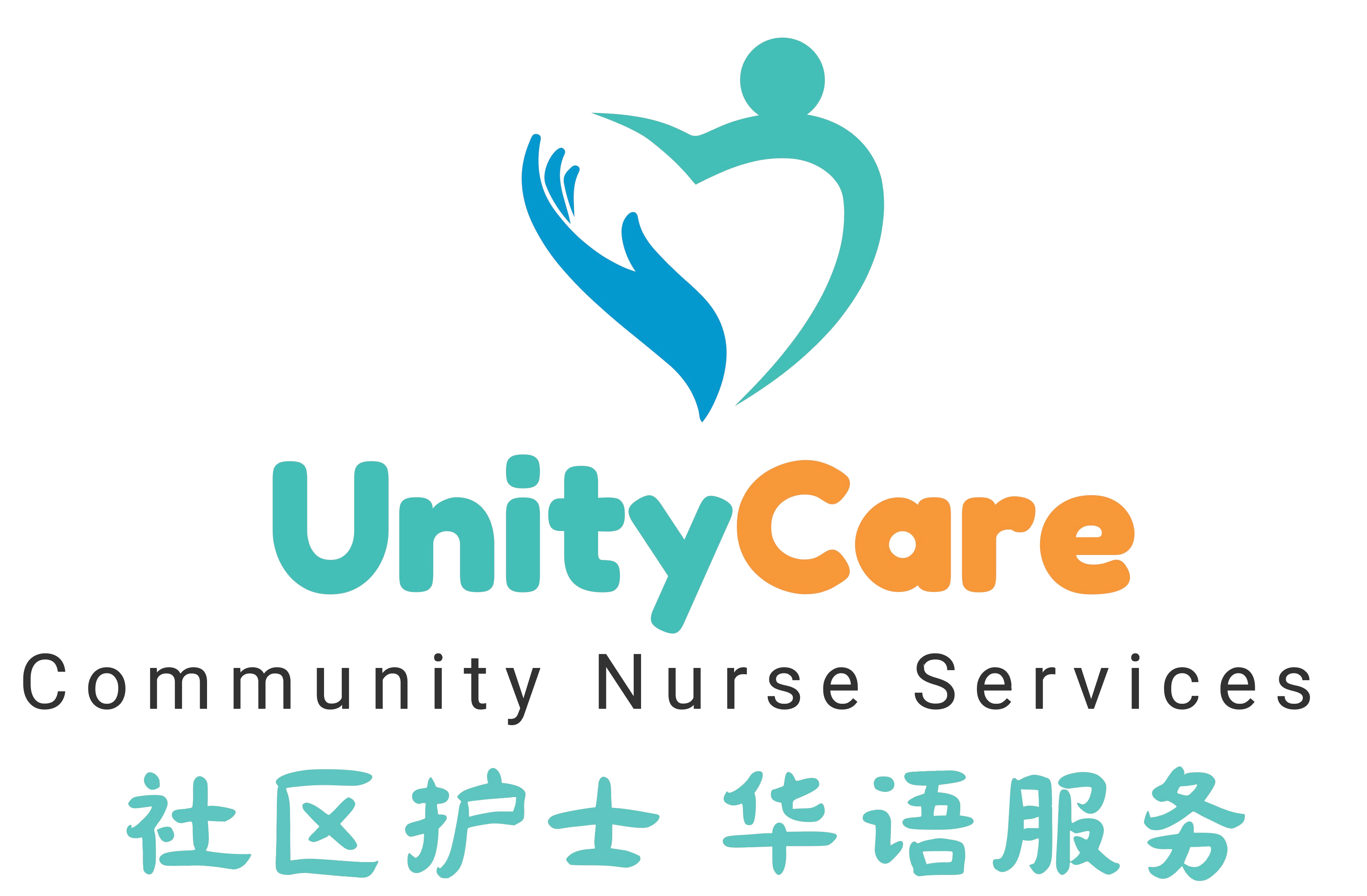Your cart is currently empty!
Asian Community Health Professional Services

Injectable Medicines (IV) GP Referral
Injectable medicines infusion involves administering medications directly into the bloodstream via an intravenous (IV) drip. This method ensures that the medication is delivered efficiently and quickly, allowing for precise control over dosage and immediate therapeutic effects. Injectable infusions can be used for a wide range of treatments, including pain management, IV Vitamin and Minerals, antibiotics, and other medications that require fast or continuous delivery.
To know more about Injectable Medicines (IV)
Why and who might need an Injectable Medicines (IV) ?
Injectable medicines (IV) are used for various reasons and can benefit different types of patients. Here’s a brief overview:
Why You Might Need Injectable Medicines (IV)
- Rapid Medication Delivery: IV administration allows for immediate and precise delivery of medications, which is crucial in emergencies or for conditions requiring fast action.
- Severe or Complex Conditions: For treating severe infections, chronic diseases, or conditions that need high doses or continuous infusion, such as chemotherapy for cancer or pain management.
- Inability to Take Oral Medications: When a patient cannot swallow or absorb oral medications effectively due to nausea, vomiting, or gastrointestinal issues.
- Precise Dosage Control: IV administration offers precise control over medication dosage and infusion rate, which is important for drugs with a narrow therapeutic window.
- Fluid and Electrolyte Balance: To manage hydration and electrolyte imbalances, especially in critical care settings or during major surgeries.
Who Might Need Injectable Medicines (IV)
- Hospitalized Patients: Those undergoing surgery, receiving chemotherapy, or needing intensive care.
- Emergency Situations: Individuals with acute conditions like severe infections, shock, or dehydration.
- Chronic Illnesses: Patients with chronic conditions requiring long-term medication management, such as diabetes (for insulin infusions) or certain autoimmune diseases.
- Patients with Gastrointestinal Issues: Those unable to take oral medications due to digestive tract problems.
- Severe Pain Management: Individuals needing strong or continuous pain relief that oral medications cannot provide effectively.
Injectable IV medicines are typically administered in healthcare settings where proper monitoring and adjustments can be made as needed.
What you need to know before having the Injectable medicines (IV)?
Before receiving injectable medicines (IV), here are key points you should know:
- An referral are required before this procedure, an GP consultation for the referral can be arranged through your own health professional or book an appointment with us for the referral.
- Purpose and Medication: Understand why you need the IV medication and what it’s intended to treat. Discuss the specific drug, its purpose, and how it will benefit your condition.
- Medical History: Inform your healthcare provider of your medical history, including any allergies, existing health conditions, and current medications. This information is crucial to avoid adverse reactions and interactions.
- Preparation: Depending on the medication and your condition, you might need to follow specific instructions before the infusion, such as fasting or avoiding certain foods or drinks.
- Procedure Details: Learn about the IV procedure, including how long it will take, where the IV will be placed (usually in a vein in your arm), and what to expect during and after the infusion.
- Potential Side Effects: Be aware of possible side effects or reactions, such as pain at the injection site, allergic reactions, or systemic side effects. Your healthcare provider will monitor for these.
- Hydration: Adequate hydration may be necessary to support the infusion and help your body process the medication.
- Post-Infusion Care: Follow any aftercare instructions, which may include monitoring for side effects, continuing other treatments, or rest.
- Emergency Contact: Know whom to contact and what to do if you experience any severe or unexpected symptoms after the infusion.
Discuss all these aspects with your healthcare provider to ensure you are well-informed and prepared for the IV medication.
What happens after the treatment?
After receiving injectable medicines (IV), here’s what typically happens:
- Monitoring: You will be monitored for any immediate reactions or side effects from the medication, such as allergic reactions or local discomfort at the injection site.
- Observation: Depending on the medication and your condition, you might be observed for a period to ensure the treatment is effective and to manage any potential side effects.
- Hydration and Rest: Staying hydrated and resting can help your body process and eliminate the medication more effectively.
- Side Effects: Be aware of possible side effects, which can vary depending on the medication. Common side effects might include nausea, fatigue, or site-specific pain. Report any severe or unusual symptoms to your healthcare provider.
- Follow-Up: You may need follow-up appointments or tests to assess the effectiveness of the treatment and to adjust future medications if necessary.
- Instructions: Follow any specific post-treatment instructions given by your healthcare provider, which might include medication adjustments, lifestyle recommendations, or additional therapies.
By staying attentive to these aspects, you can help ensure a smooth recovery and effective treatment outcome.

